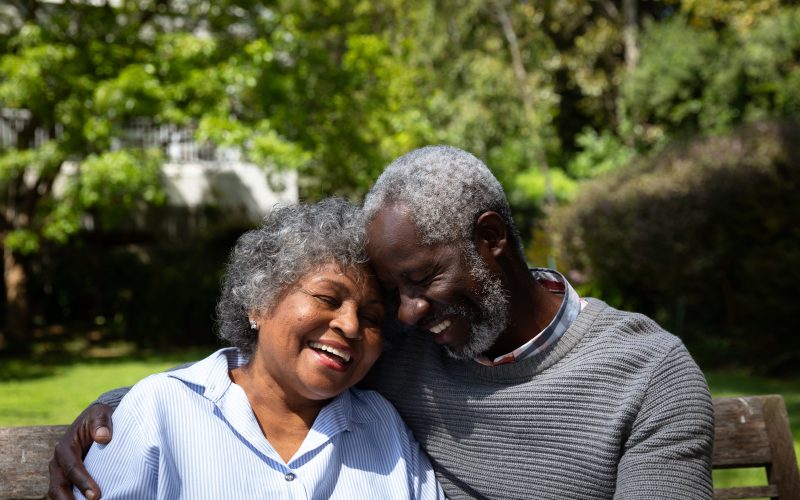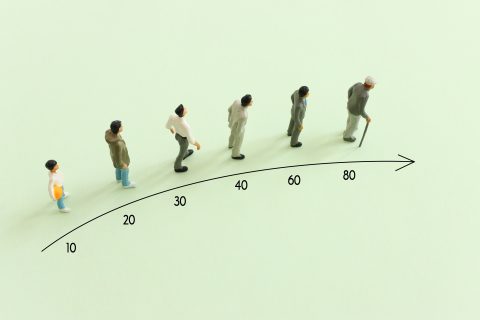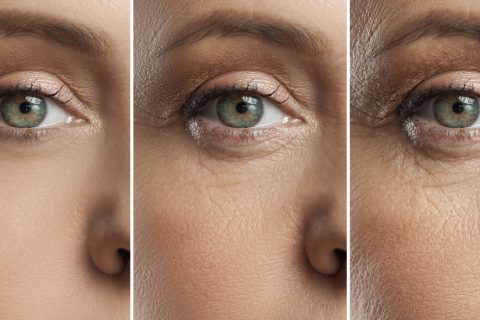Perhaps there’s no need to search for the fountain of youth when some plants and animals have evolved to stay young. Nicklas Brendborg is a Ph.D. student studying molecular biology at the University of Copenhagen. He joins host Krys Boyd to discuss trees that live thousands of years, a shark older than the United States, and what these fascinating creatures can tell us about the human lifespan. His book is “Jellyfish Age Backwards: Nature’s Secrets to Longevity.”
Bonus Blog: Three things you could do regularly to help you live longer
—By Cristin Espinosa, Digital Producer for Think
There’s no one way to guarantee you’ll live to be 100, but science can give us clues for how to live longer.
Our guest, Nicklas Brendborg, says studies on animal lifespans can help us better understand human longevity. There are many small things we can do each day to live healthier lives; here are just a few that are supported by research.
1. Schedule some exercise
Scientists have learned that some types of stress on the body can be beneficial. The stress that your body experiences when you go for a run, lift weights, or perform some other exercise can train your body to withstand wear and tear.
“If we think about what actually happens while you are running, then your heart rate is elevated, your blood pressure is elevated, you damage your muscles,” Brendborg says. “You stress your lungs from taking in a lot of air… You’re actually damaging yourself. But then the clever thing about biological organisms is that we’re dynamic, so we can actually repair the damage that happens to us.”
Over time, exercise can make your heart, lungs, bones and muscles stronger, which will be especially helpful when you’re older.
2. Donate blood
Brendborg says studies in Denmark have shown that blood donors, especially those who donate more often, may live longer.
While too little iron in the blood can contribute to anemia and other health problems, too much iron can also be an issue. Brendborg says donating blood could be especially helpful for men as they age, because they tend to get higher levels of iron in their blood.
“The reason you can lose iron from losing blood is that the reason your blood is red in the first place is because of the protein called hemoglobin, which has several iron molecules in it,” Brendborg says. “When you lose your red blood cells by, for instance, blood donation, then you need to make new ones. You need to take some iron from the body stores. And that, of course, depletes it.”
3. Spend quality time with the people you love
It’s important to remember that our mental health plays a major role in our health overall. Brendborg says loneliness is a major roadblock to living a long life.
“The reason loneliness is so detrimental is probably that humans are very, very social animals,” Brendborg says. “One of our deepest needs is to have close relations to other people. And if you remove that, that’s really something that will make us not thrive at all.”
Anthropological studies have shown that in some parts of the world where people live long, a sense of community is integral to the culture. Of course, this doesn’t mean you have to be extroverted to live longer. Brendborg says the quality of your relationships is what matters most.
Learn more about what science can teach us about longevity by listening to the podcast above.





